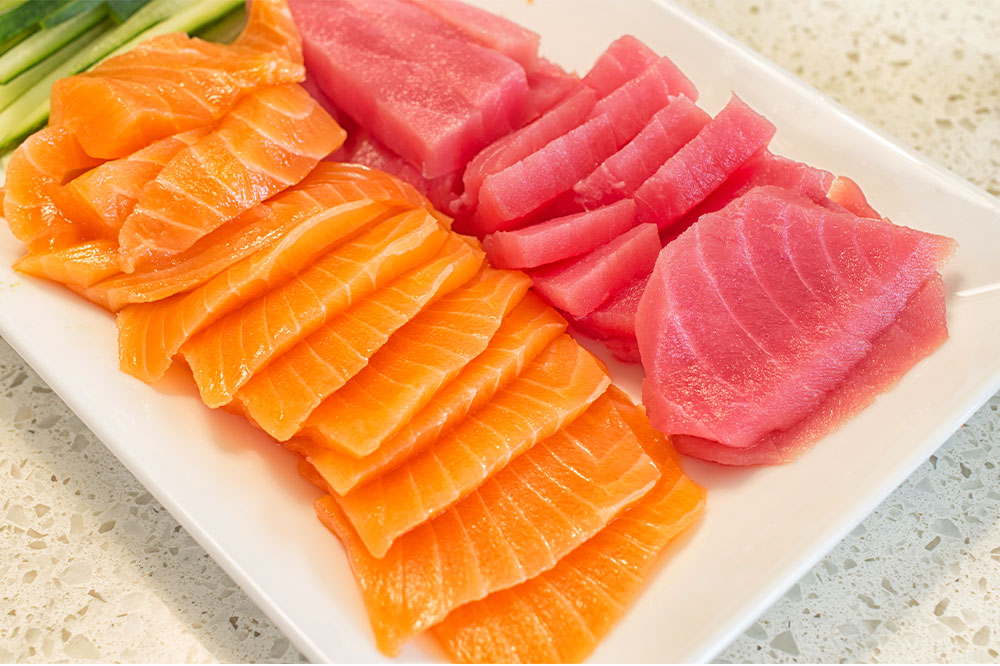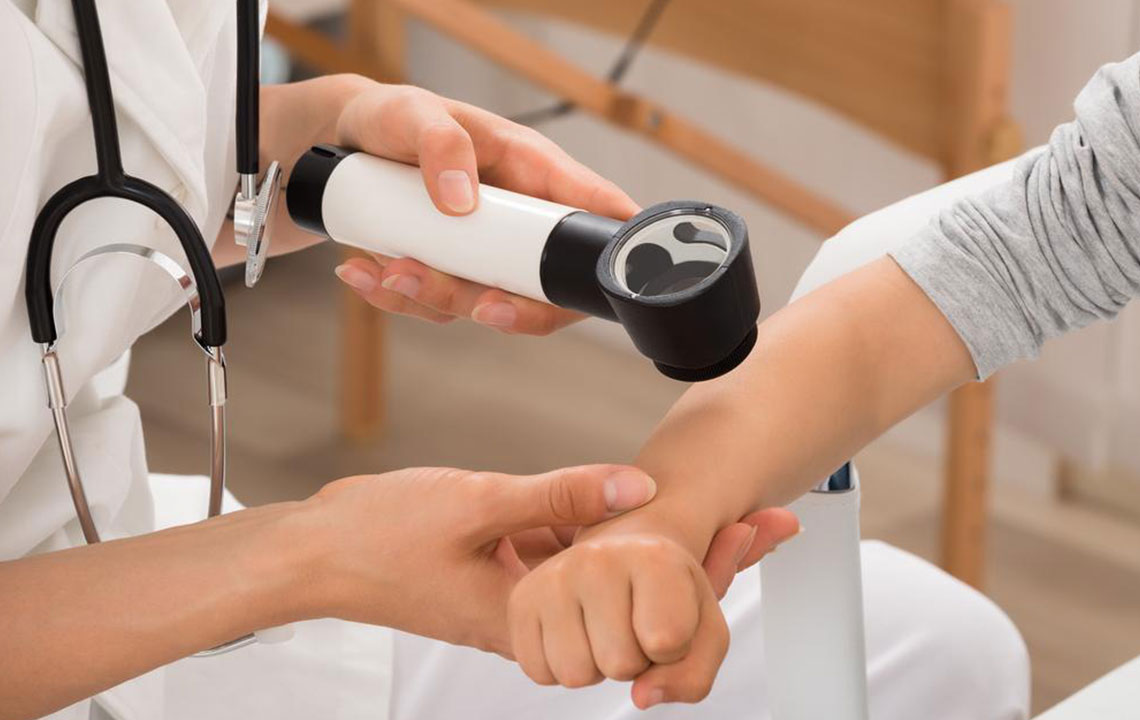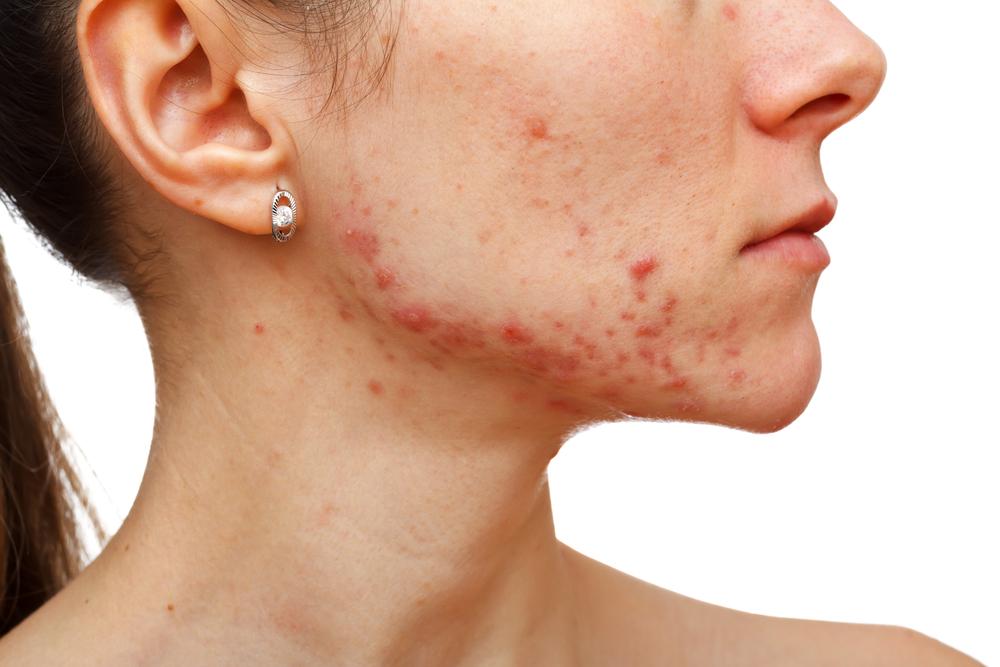Comprehensive Guide to Managing Eczema Effectively
Learn comprehensive strategies to manage eczema effectively, including advanced medical options, dietary tips, and lifestyle changes. Discover how combining treatments, nutrition, and skincare routines can help reduce flare-ups, improve skin health, and enhance daily comfort. This detailed guide offers practical advice for those seeking relief from persistent eczema symptoms and aims to help you maintain healthier, more resilient skin.

Understanding Eczema and Effective Strategies for Its Management
Eczema, clinically known as atopic dermatitis, is a chronic skin condition characterized by inflammation, redness, intense itching, and dryness. It is a common skin disorder that affects millions worldwide, causing persistent discomfort and impacting quality of life. The condition can manifest at any age but is particularly prevalent among children and young adults. Eczema symptoms fluctuate, often worsening during certain seasons or due to specific triggers such as allergens, irritants, or stress.
Managing eczema requires a multifaceted approach. It involves medical treatments to control severe flare-ups, dietary modifications to support skin health, and lifestyle changes to minimize triggers and irritation. This comprehensive approach aims to reduce the severity of symptoms, prevent infections, and enhance overall skin health and daily comfort.
Advanced Medical Treatments for Eczema
CIBINQO® (Abrocitinib): An orally administered medication that inhibits specific enzymes involved in inflammatory pathways. CIBINQO® is prescribed for moderate to severe eczema when topical therapies do not suffice. It has shown effectiveness in reducing itchiness and skin inflammation, improving patients’ quality of life by alleviating persistent symptoms.
DUPIXENT® (Dupilumab): A groundbreaking injectable biologic used for moderate to severe eczema cases. Dupilumab works by targeting specific proteins that trigger allergic inflammation in the skin, thereby significantly reducing the severity and frequency of flare-ups. It’s especially beneficial for patients unresponsive to conventional treatments, offering long-term relief and clearer skin.
RINVOQ® (Upadacitinib): An oral JAK inhibitor prescribed for patients with eczema that does not respond adequately to other therapies. RINVOQ® helps modulate immune response mechanisms involved in eczema, providing relief from scratching and redness, and helping restore skin integrity over time.
Otezla® (Apremilast): Originally developed for psoriasis, this medication has been found helpful in reducing itching and skin inflammation in eczema patients, particularly adults. Otezla® works by inhibiting inflammatory mediators, thus diminishing flare-ups and improving overall skin condition.
Dietary Strategies to Support Eczema Management
Consume omega-3 rich foods: Incorporate fatty fish such as salmon, mackerel, tuna, and sardines into your diet. Rich in omega-3 fatty acids, these foods aid in reducing inflammation, maintaining skin hydration, and supporting cellular health, which are crucial for managing eczema symptoms.
Eat nutrient-dense foods like avocados: Avocados are packed with monounsaturated fatty acids and vitamin E, which help in skin hydration, repair, and reducing signs of aging. Including avocados in your diet can improve skin barrier function and alleviate dryness associated with eczema.
Foods to avoid or minimize:
Junk foods and processed snacks: These often contain preservatives, additives, and refined sugars that may trigger or worsen eczema flare-ups in sensitive individuals. Cutting back on such foods can help maintain healthier skin.
Processed meats and foods with nitrates: Deli meats, sausages, and other processed foods contain nitrates and saturated fats that may exacerbate inflammation. Opt for lean protein sources like chicken, turkey, or fresh fish to support skin health and reduce eczema symptoms.
Living a Skin-Friendly Lifestyle
Choosing appropriate clothing is a simple yet effective way to minimize eczema triggers. Wear breathable, natural fabrics such as pure cotton, silk, or linen, which reduce skin irritation and prevent sweating. Avoid rough, synthetic fabrics like polyester and wool that can cause itching or exacerbate inflammation.
Bathing habits also play a vital role in eczema management. Keep baths and showers brief—about 5-10 minutes—and use lukewarm water instead of hot to prevent skin dryness. After bathing, gently pat skin dry and apply a rich, fragrance-free moisturizer immediately to seal in hydration. This routine helps soothe inflamed skin, maintains the skin barrier, and reduces the frequency of flare-ups.
Managing stress through relaxation techniques like meditation, yoga, or deep-breathing exercises can also lessen eczema severity, as stress is a common trigger. Avoid known allergens and irritants such as harsh soaps, detergents, or environmental allergens to further support skin health.
In conclusion, effective eczema management combines modern medical treatments, targeted dietary adjustments, and lifestyle modifications. Staying informed about new therapies and triggers allows individuals to develop a personalized approach that minimizes flare-ups and promotes healthier, more comfortable skin. Consulting with healthcare professionals for tailored treatment plans ensures optimal control and a significant improvement in quality of life for those affected by eczema.





